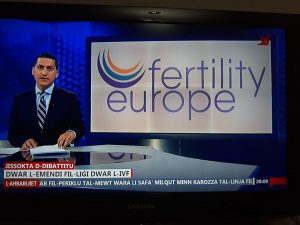Reading time: min

Present MAR practice in Malta is regulated by the Embryo Protection Act from 2012. The bill allows heterosexual married couples or those in a stable relationship to access infertility treatment. However, the same bill reduces the efficacy of such treatment by allowing fertilisation of only two oocytes; all created embryos have to be transferred, banning embryo-freezing. All this regardless of women’s medical condition after the stimulation and ignoring the ESHRE guidelines on favouring single embryo transfer (SET).
Those regulations result in infertility patients, those who can afford it, going abroad for treatment, to the countries with a more liberal climate.
Proposed changes to the Embryo Protection Act, that are soon to be voted upon by the Parliament, present a massive step in the right direction for infertility treatment in Malta.
The most important changes include:
All those changes provoked pro-life and religious movements to protest against the new bill and use the action and language discriminating infertility patients and their rights to evidence based medicine.
Fertility Europe issued a statement Fertility Europe supports proposed changes to ART law in Malta sent to media in Malta expressing strong support to proposed changes in the regulations and to our member Malta Infertility Network – an amazing team of dedicated and brave women. Our statement was used by several national and local media and we are really hoping t0 contribute to improving the situation of infertility patients in Malta.

Copyright © 2025. Fertility Europe. All rights reserved.
Design & Development: Plavi Pixel 2025.
Join our newsletter to receive heartfelt stories, expert insights, and updates from Fertility Europe.